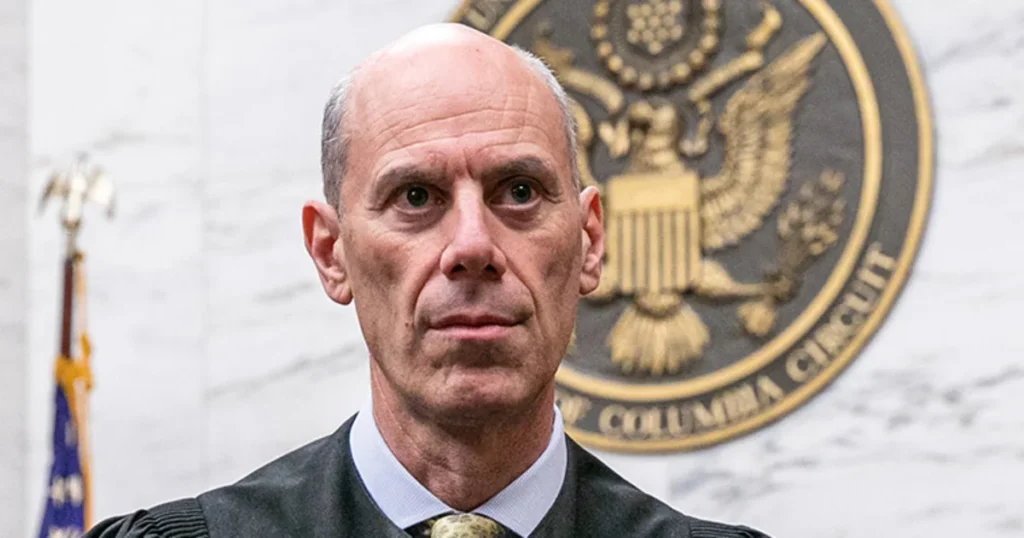In an escalating constitutional confrontation, U.S. District Judge James E. Boasberg has found probable cause to hold officials in the Trump administration in criminal contempt of court, citing willful defiance of his orders to halt deportation flights to El Salvador.
The judge’s sharply worded ruling on Wednesday accused the administration of acting in “deliberate and gleeful” violation of his directive last month, which ordered the return of deportation planes mid-flight. The ruling sets the stage for potential prosecution of federal officials if the administration fails to remedy the violation by April 23.
“The Constitution does not tolerate willful disobedience of judicial orders — especially by officials of a coordinate branch who have sworn an oath to uphold it,” Boasberg wrote, warning that failure to act could trigger contempt hearings or independent prosecution.
Legal Clash Over Executive Power
This latest development adds fuel to a broader legal and political firestorm, with the White House locked in multiple judicial battles over its aggressive immigration crackdown. At the center of this dispute is the Trump administration’s invocation of the 1798 Alien Enemies Act to justify rapid deportations of suspected Venezuelan gang members, particularly those alleged to be affiliated with Tren de Aragua.
Boasberg issued an emergency order last month barring further deportations under the Act and explicitly instructed that planes already en route to El Salvador be turned around. However, despite the oral order, administration officials reportedly allowed the flights to continue — a decision Boasberg called a “betrayal of judicial authority.”
Shortly after the flights landed, El Salvador’s President Nayib Bukele posted mockingly on social media, “Oopsie… too late,” alongside a link to Boasberg’s ruling. The post was later retweeted by U.S. Secretary of State Marco Rubio, further inflaming tensions.
White House Responds
White House Communications Director Steven Cheung defended the administration’s actions, stating:
“The President is 100% committed to ensuring that terrorists and criminal illegal migrants are no longer a threat to Americans and their communities across the country.”
The administration has also argued that Boasberg’s oral directive to return the planes was not included in the written version of his order, and that the flights had already departed when the instruction was delivered.
Nonetheless, Boasberg rejected these justifications, stating that the administration “appeared to defy the Court’s order deliberately,” adding that “none of their responses has been satisfactory.”
Fallout and Next Steps
Boasberg has given the administration until April 23 to either reclaim custody of the deported migrants — currently held in a notorious El Salvador prison — or to identify the specific officials responsible for the decision not to comply.
In a parallel case, another federal judge is considering contempt proceedings over the mistaken deportation of Kilmar Abrego Garcia, whose return the administration has refused to facilitate despite a Supreme Court ruling.
The Department of Justice has signaled it will appeal Boasberg’s ruling, and legal observers expect a protracted court battle that may further test the boundaries of presidential authority.
Boasberg, an Obama appointee and current chief judge of Washington’s federal court, has faced growing criticism from conservative figures, including former President Trump, who previously called for his impeachment. The calls prompted Chief Justice John Roberts to issue a rare rebuke, stating, “Impeachment is not an appropriate response to disagreement concerning a judicial decision.”
As the deadline looms, all eyes remain on the administration’s next move — and whether a historic contempt prosecution of federal officials could soon be underway.



